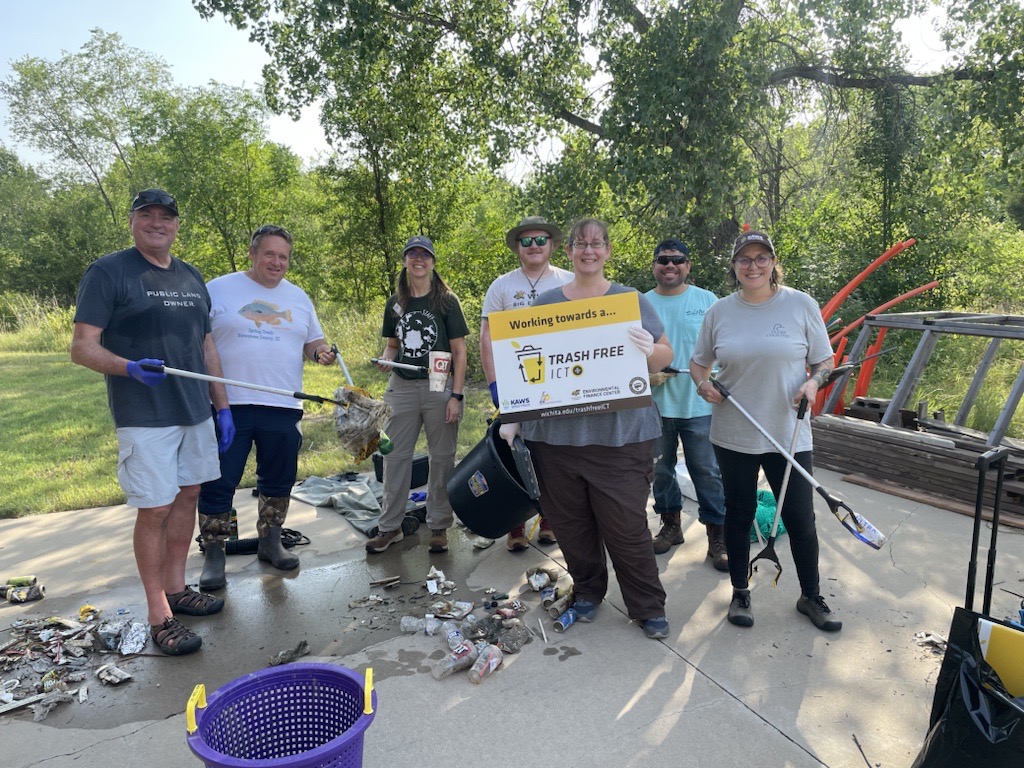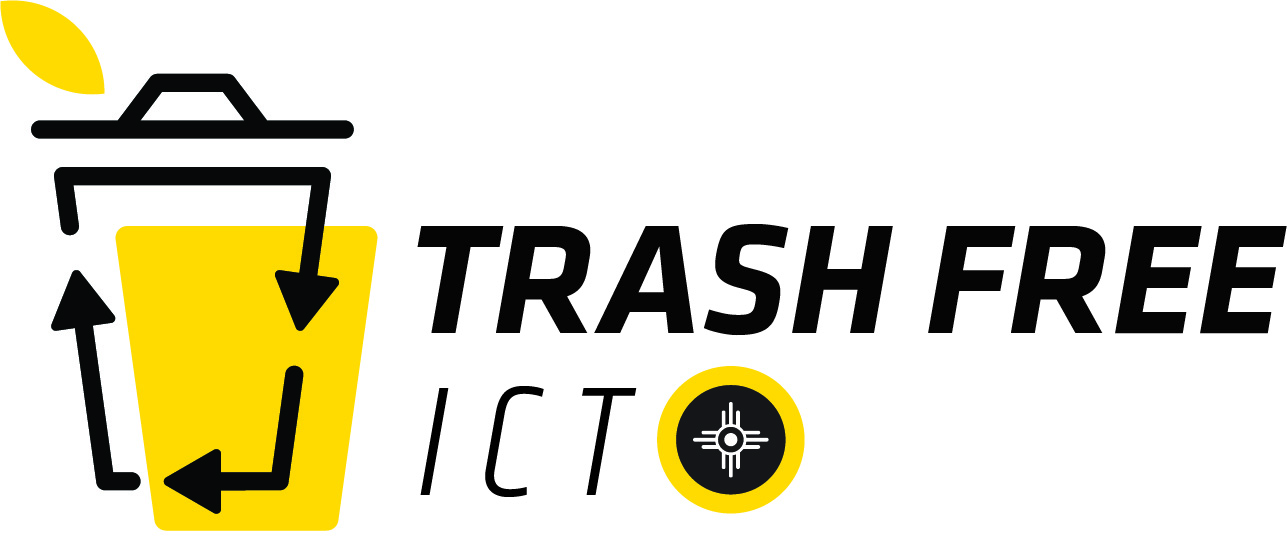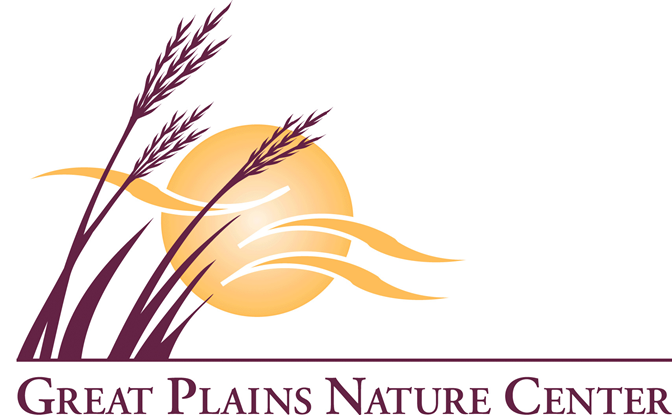 EFC WSU
EFC WSUTrash Free ICT
The Environmental Protection Agency (EPA) estimates that 80% of plastics that pollute our oceans originate from rivers, streams, and other waterways that flow through urban areas.
The Environmental Finance Center at Wichita State University, in partnership with the Great Plains Nature Center, the Kansas Alliance for Wetlands and Streams, and Backcountry Hunters and Anglers will pilot a project that uses an in-stream trash collection device and community volunteers to count and catalogue the trash pulled out of Chisholm Creek. This Trash Trap is designed to capture litter before it can reach primary waterways, like Chisholm Creek and the Arkansas River.
The trap is safe for fish, waterfowl, and other aquatic life, and serves as a visual reminder about the importance of properly disposing litter. Litter will be removed from the trap, sorted, and counted. This data will be evaluated and shared with officials and community members.
Understanding what kind of litter pollutes Wichita streams can inform policies and procedures for proper disposal of trash and ultimately reduce water pollution. Monthly cleanups will help reduce the trash flowing from Chisholm Creek into other waterways and stormwater system.
Join us for an upcoming cleanout event to help count and catalogue litter data!
- Saturday, March 15 at 10:30am
- Saturday, April 12 at 9:00am - Join in for a full morning of clean up in the park with our partners at the Great Plains Nature Center!
- Friday, May 23 at 9:00am
- Tuesday, June 17 at 9:00am
Project Partners
Most of the trash that pollutes our rivers, lakes, estuaries, and oceans comes from sources on land. Plastic trash, in particular, threatens human health, aquatic ecosystems, and the economy. EPA’s Trash Free Waters program is reducing the volume of trash entering our waters by working with partners to implement collaborative solutions that target land-based sources.







